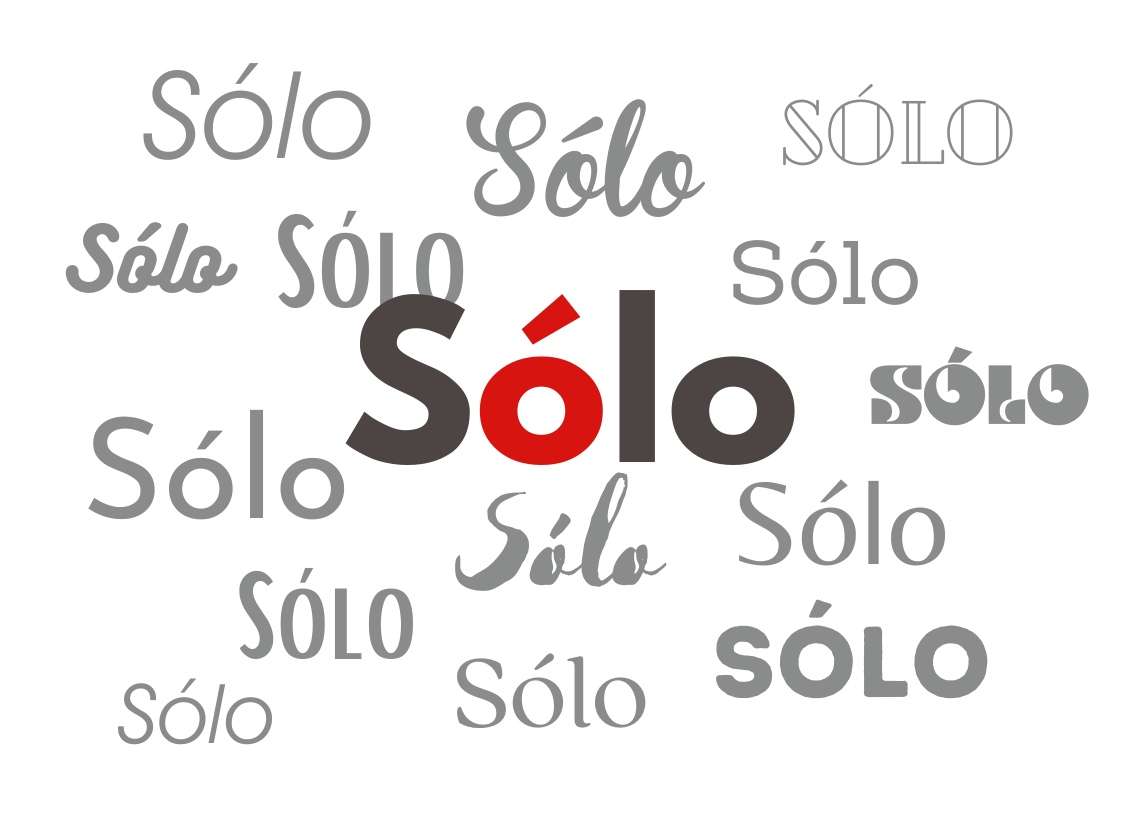The Royal Spanish Academy of Language has given in to criticism and requests for rectification and has returned the tilde to the adverb “only”, which had been expropriated more than a decade ago.
The new rule was included in the Diccionario Panhispánico de Dudas (DPD) and defines that, although the rule has not changed and the writing of the adverb remains without a diacritical accent, it is now allowed to write with it when there is ambiguity, although it is still recommended not to do so.
Can you write “only” with tilde?When it only works as an adjective, it is not checked; when it functions as an adverb, it can be checked only if there is a risk of ambiguity, but it is recommended not to check it even in those cases and to resolve the ambiguity in another way. |
Something similar also applies to the demonstrative pronouns este, esta, ese, esa, aquel, aquella and their plurals.
In 2010, along with the tildes for solo and the demonstrative pronouns, those for hiatuses such as hyphen or truhan were also eliminated.
Writers and academics such as Arturo Pérez-Reverte, Antonio Muñoz Molina or Mario Vargas Llosa, among others, were critical of the Royal Academy’s decision at the time.
In particular, the novelist Pérez-Reverte has celebrated this rectification.
Sometimes old battles are won.https://t.co/hPOVAnZeMz
– Arturo Pérez-Reverte (@perezreverte) March 2, 2023
During all these years the novelist, author of the saga The adventures of Captain Alatriste, among many others, he repeatedly expressed his disagreement with the RAE.
Well, I am from the RAE (for 18 years and for now) and a professional writer, and I do recommend using the accent in “only” when necessary. Which sometimes it is, for greater efficiency and clarity. Because theory is one thing, and hitting the key every day is another.https://t.co/WC0QphwWvL
– Arturo Pérez-Reverte (@perezreverte) August 2, 2021

















